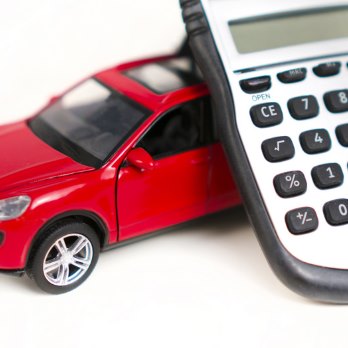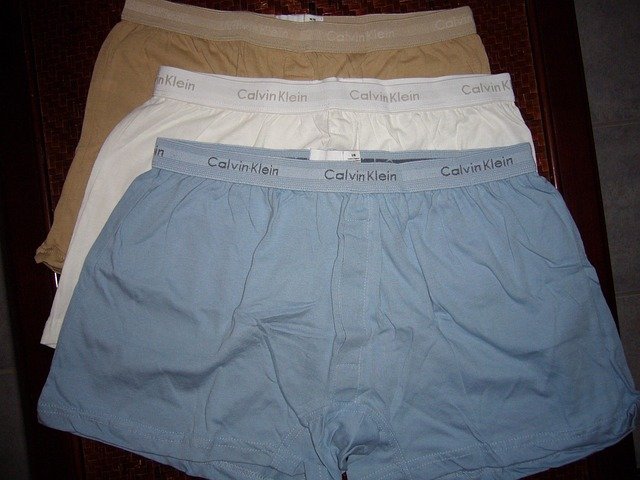Complete Guide to Buying Used Cars: Essential Tips and Insights
Choosing and purchasing a reliable used car that fits within the budget and meets the specific needs of Egyptian consumers in local markets can be a daunting task. With a plethora of options available, it is essential to navigate the complexities of the used car market with informed strategies. Key considerations include understanding the vehicle's history, assessing its mechanical condition, and evaluating its resale value. Additionally, conducting thorough research on various models can help identify those that offer the best performance and longevity. Budgeting effectively, including factoring in insurance and maintenance costs, is crucial for a sustainable purchase. By following expert advice and utilizing available resources, buyers can make confident decisions that enhance their driving experience while ensuring financial prudence. This guide aims to provide valuable insights and practical tips for those looking to make a wise investment in a used vehicle.

The used car market offers excellent opportunities for buyers seeking reliable transportation at reasonable prices. However, making an informed purchase requires understanding various aspects of the buying process, from initial research to final negotiations.
Key Factors to Consider When Assessing a Used Car’s History
A vehicle’s history provides crucial insights into its condition and future reliability. Start by obtaining the Vehicle Identification Number (VIN) and running a comprehensive history report through services like Carfax or AutoCheck. These reports reveal important information including accident history, flood damage, previous owners, and maintenance records. Look for consistent service records, which indicate proper care by previous owners. Red flags include multiple previous owners, accident damage, or gaps in maintenance history. Additionally, verify that the title is clear and free from liens or salvage designations.
Understanding the Importance of Vehicle Inspections and Test Drives
Physical inspection and test driving are essential steps that cannot be skipped. Begin with a thorough exterior examination, checking for rust, dents, misaligned panels, or paint inconsistencies that might indicate accident damage. Inspect tires for even wear patterns, as irregular wear can signal alignment issues or suspension problems. Under the hood, look for fluid leaks, corrosion, or unusual wear on belts and hoses. During the test drive, pay attention to how the vehicle starts, shifts, steers, and brakes. Listen for unusual noises and ensure all electrical components function properly. Consider hiring a qualified mechanic for a pre-purchase inspection, especially for higher-value vehicles.
Evaluating Top Used Car Models for Performance and Reliability
Certain vehicle models have established reputations for reliability and performance in the used car market. Toyota Camry and Honda Accord consistently rank high for longevity and low maintenance costs. For SUVs, the Toyota RAV4 and Honda CR-V offer excellent reliability records. Luxury options like the Lexus ES and Acura TL provide premium features with strong dependability ratings. Research specific model years to avoid those with known issues. Consult reliability ratings from sources like J.D. Power and Consumer Reports to identify models with the best track records. Consider factors like parts availability, service network coverage, and typical repair costs when evaluating different models.
Budgeting for Total Ownership Costs Including Insurance and Maintenance
The purchase price represents only the beginning of your financial commitment. Calculate comprehensive ownership costs including insurance, registration, taxes, and ongoing maintenance. Insurance premiums vary significantly based on the vehicle’s age, model, safety features, and your driving record. Obtain insurance quotes before purchasing to avoid surprises. Factor in routine maintenance costs such as oil changes, tire replacements, and scheduled services. Older vehicles typically require more frequent repairs, so budget accordingly. Consider setting aside 10-15% of the vehicle’s value annually for maintenance and unexpected repairs.
| Cost Category | Estimated Annual Amount (EGP) | Notes |
|---|---|---|
| Insurance | 3,000 - 8,000 | Varies by vehicle value and coverage |
| Maintenance | 2,500 - 6,000 | Higher for luxury/older vehicles |
| Registration/Fees | 500 - 1,500 | Annual renewal costs |
| Fuel | 8,000 - 15,000 | Based on average driving patterns |
Prices, rates, or cost estimates mentioned in this article are based on the latest available information but may change over time. Independent research is advised before making financial decisions.
Expert Tips for Negotiating the Best Price in the Used Car Market
Successful negotiation requires preparation and strategy. Research the vehicle’s market value using resources like Kelley Blue Book, Edmunds, or local classified advertisements to establish a fair price range. Factor in the vehicle’s condition, mileage, and any needed repairs when determining your offer. Start negotiations below your target price, leaving room for compromise. Point out any discovered issues or needed repairs as justification for price reductions. Be prepared to walk away if the seller won’t meet your reasonable offer, as this often motivates them to reconsider. Consider timing your purchase during slower sales periods when dealers may be more motivated to negotiate.
Purchasing a used car successfully requires patience, research, and careful evaluation. By thoroughly assessing vehicle history, conducting proper inspections, choosing reliable models, budgeting for total ownership costs, and negotiating effectively, you can find a dependable vehicle that serves your needs for years to come. Remember that taking time during the buying process often prevents costly mistakes and ensures you make a smart investment in your transportation needs.




